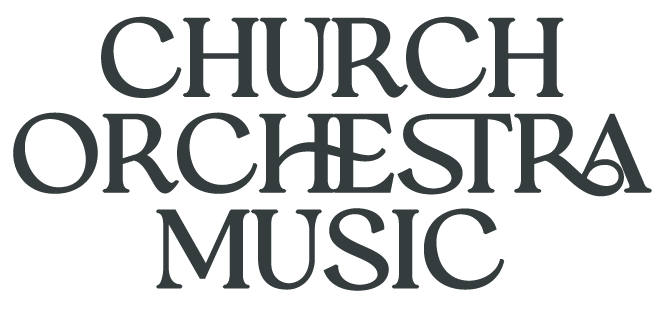How to Find the Right Instrumental Music
by David Winkler
When I began working with church orchestras in the late 1970's, there was very little published
music which was appropriate for such groups. Available music consisted mostly of hand-
written, unedited music and poorly copied scores from recording sessions. Directors generally
had to be adept at arranging for their own groups, or adapting existing works, such as those
published for concert band.
With the phenomenal growth of instrumental music ministries since then, a wealth of new music
has been published for a variety of types of church instrumental ensembles. The creation of new
music has been aided by the explosion of new technology, first through high-quality photocopies
which allowed for “print on demand,” then by the development of notation software, and now by
the growth of the internet, where much music is now available in digital download form. The
question for the instrumental director is no longer “Where can I find instrumental music for my
group,” but rather, “Which music should I buy?”
The first step is to determine what type of piece you are looking for — loud or soft, short or
long, based on a hymn tune or a more contemporary song, etc. Then, after reviewing the music initially, check the following points to determine whether the piece would be right for your group:
The instrumentation – Will all of the essential parts be covered by the players at hand? Are
important parts for more unusual instruments (e.g., English horn) cued or doubled in other parts? Are substitute parts included – e.g., alto sax for French horn, or synthesizer for strings? If these parts are not available, do you have the resources to create what you need in order to adapt the piece to your situation?The difficulty level – Is the piece within the ability level of your players? Important factors
relating to the difficulty of a piece include: the rhythmic complexity, the ranges (particularly the
high range in the brass), the amount of independence of the individual parts, and the key
signature. Consider also how much rehearsal time you will need to work up the piece.Any special features – Does the arrangement include a solo for certain instruments, and if so, do you have a player who can cover the part adequately? Is the arrangement fairly “straight ahead,” or are there aspects which, though desirable, may require extra attention or rehearsal time? Will the piece work well in the acoustical environment of your performance area, or will sound reinforcement be needed to make sure that the parts “mix” properly?
Music carefully chosen will be greatly appreciated by your instrumentalists. When they sound
good and feel good about the music they’re playing, it makes it so much easier for them to make “melody in their hearts” unto the Lord!
